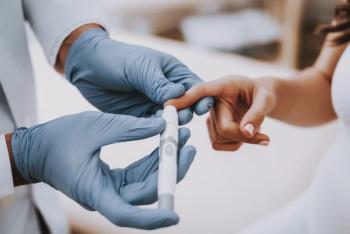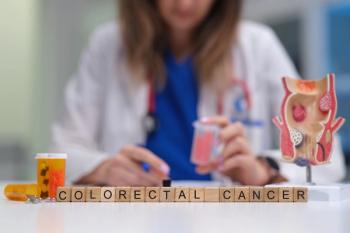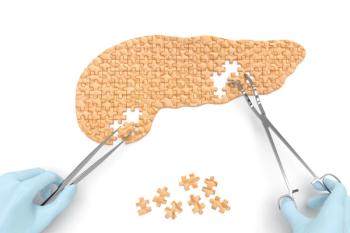
Late-Line Treatment for Multiple Myeloma Approved by FDA
Because it is ‘off the shelf,’ Tecvayli may have advantages over the CAR-T therapies, which are custom made for each patient and involve harvesting the patient's T cells.
Multiple myeloma cannot be cured, but there are a growing number of late-line treatments for patients whose disease has not been controlled by other therapies.
The FDA announced that it had granted accelerated approval to Tecvayli (teclistamab), a bispecific antibody. It is the fourth, FDA-approve fifth-line treatment for multiple myeloma, a disease with an annual incidence of about 34,000.
Reuters reported that a spokesman for Johnson & Johnson said the company will price Tecvayli at $39,500 per month with the cost ranging between $355,000 and $395,000 for a nine to 10 month course.
The three other fifth-line therapies for multiple myeloma are
Bispecific antibodies act as a go-between, recognizing and attaching to cancer cells and joining them to the immune system’s T cells. That cancer cell-to-T cell attachment results in the T cells attacking cancer cells.
The FDA has approved three other bispecific antibodies as a cancer treatments: Blincyto (blinatumomab) for acute lymphoblastic leukemia, Rybrevant (amivantamab-vmjw) for nonsmall cell lung cancer and Kimmtrak (tebentafusp-tebn) for uveal melanoma.
Speaking at the AMCP Nexus 2022 meeting earlier this month, Kaelyn Boss, Pharm.D., a clinical consultant pharmacist at the UMass Chan Medical School, noted patients who receive Tecvayli may still need to be hospitalized because of the side effect of
Boss also noted that Tecvayli, as bispecific antibody, is an off-the-shelf therapy that doesn’t need to be customized manufactured for each patient as the CAR-T therapies do. As result, the Tecvayli may be more readily available, she said. It might also serve as a temporary “bridge” therapy to CAR-T therapy.
The clinical trial results, which were presented at the American Society of Clinical Oncology meeting in June and published simultaneously by The New England Journal of Medicine showed an overall response rate of 63% (104 of the 165 patients for the trial) with 26.7% patients found to have no
About 3 in 4 (72%) of the patients developed CRS but only case was deemed serious (grade 3), and no patient discontinued taking the drug because of CRS, the researchers reported in the journal article.
Infections were another side effect and 44.8% (74 patients) developed serious grade 3 or 4 infections and 12 patients died from COVID-19.
Newsletter
Pharmacy practice is always changing. Stay ahead of the curve with the Drug Topics newsletter and get the latest drug information, industry trends, and patient care tips.























